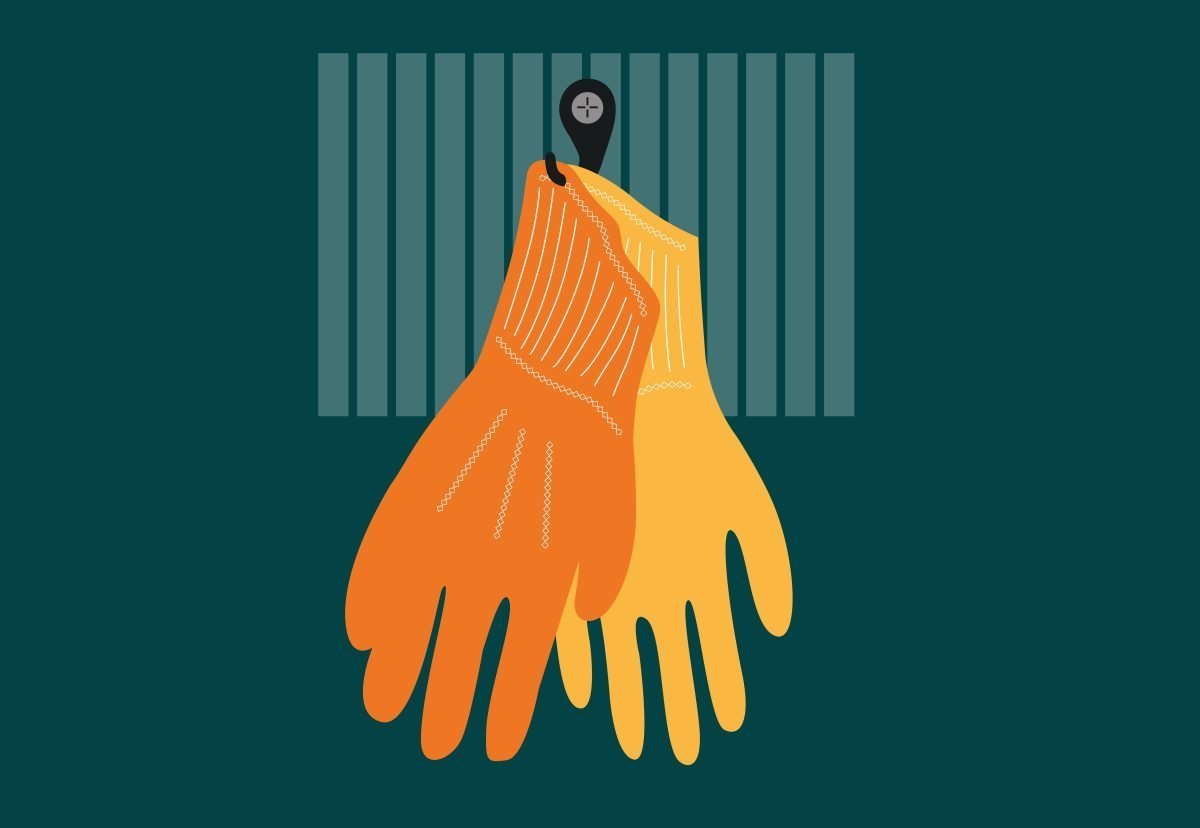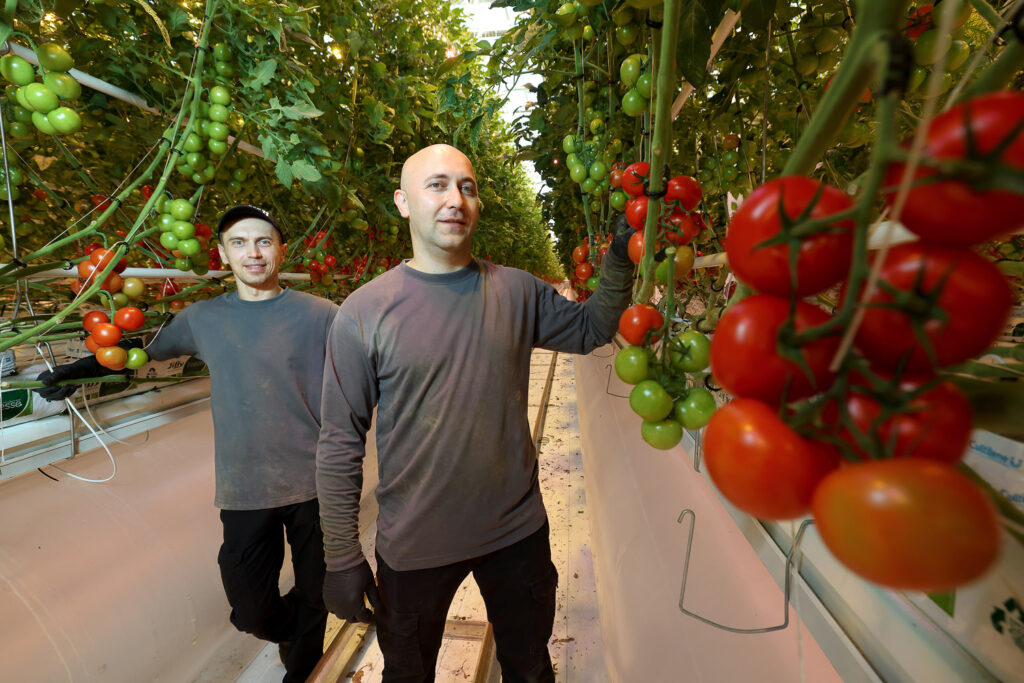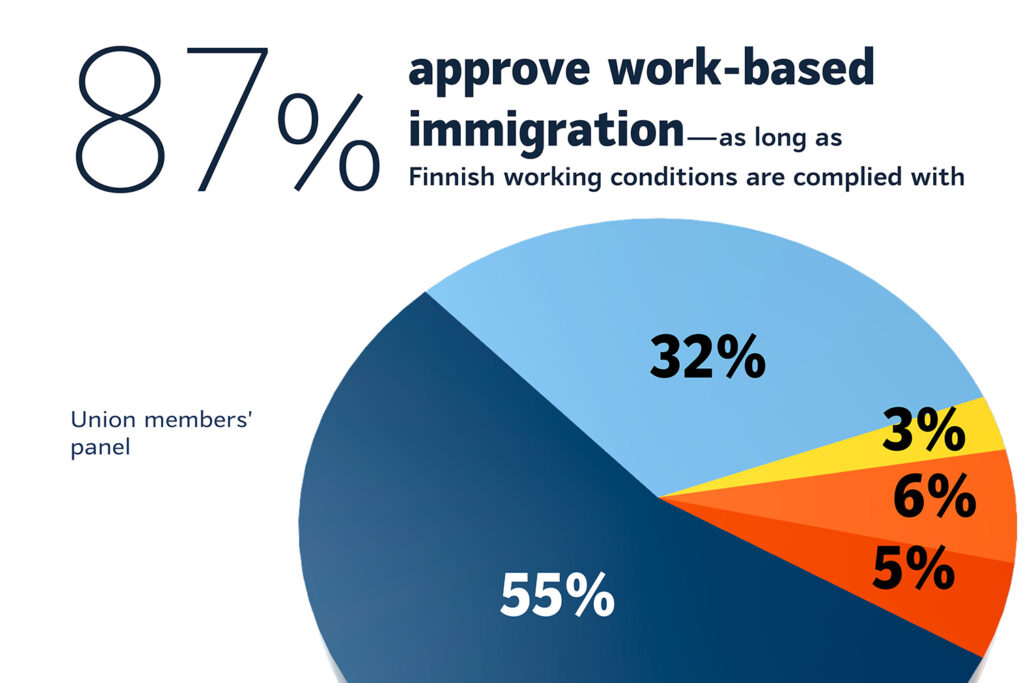Seasonal work made less attractive
Unemployment security will undergo several changes this year. Unfortunately, not for the better, as the Orpo-Purra right-wing Government is determined to cut benefits and tighten conditions for receiving these.
One of the harshest changes doubles the time in work needed to get earnings-related unemployment allowance. For now, one needs to have 26 weeks (about six months) employment during the 28 months preceding unemployment.
From September this year, this employment condition will be extended from 6 to 12 months during these same 28 months. This means it will be much harder to be eligible for earnings-related unemployment benefits, just like the government parties intend it to be.
At the same time, the employment condition will be linked to euros earned. From September, one must earn in each of these 12 months needed at least 930 euro a month. Until now, the rule is that one must work at least 18 hours in each of the 26 weeks needed.
The changes in the work requirement can make life more difficult for those in seasonal work. For them, it will be more difficult to get earnings-related unemployment allowance for the time when there is no work available in their own branch.
The changes in the work requirement can make life more difficult for those in seasonal work.
In Finland, there is a big number of people doing seasonal work. For instance, in agriculture, forestry, horticulture and landscaping branches, work is done mainly in the snow-free months of the year.
Though people in seasonal work seek other work outside their usual working months, this work is not always available. And when it exists, it is in many cases somewhere else than in the area where one lives. The result would be a modern nomadic life, moving several times a year.
Another plan of the right-wing government is that those living in Finland with a residence permit, must, in case of unemployment, find a new job within three months or leave the country.
This would make life for many foreign people in Finland difficult in general, and in particular for those in seasonal work.
Insecurity for foreign employees
The changes in unemployment security means that seasonal workers must find other work outside their employment periods. Moreover, these changes make seasonal work even more unattractive.
– Even now the employers have problems finding employees. These branches do not attract too many Finns due to the seasonal nature of the work, generally heavy work and quite low pay, says Riikka Vasama, the Bargaining Specialist at the Industrial Union in her interview in Finnish for this magazine (page 8).
For example, in the agriculture and horticulture sector the share of foreign employees is high. The Industrial Union and the Federation of Agricultural Employers estimate that half of the people working in these branches have a foreign background.
– When speaking about seasonal workers, in some workplaces the share is 80–90 per cent, and in some cases even a 100 per cent.
Many of the seasonal branches are very important for Finland.
– We do speak about producing food, local food and ecology. These branches are important for Finland even for the security of supply, Vasama stresses.
– I believe that due to these government actions the attractiveness of these branches will not be growing.




